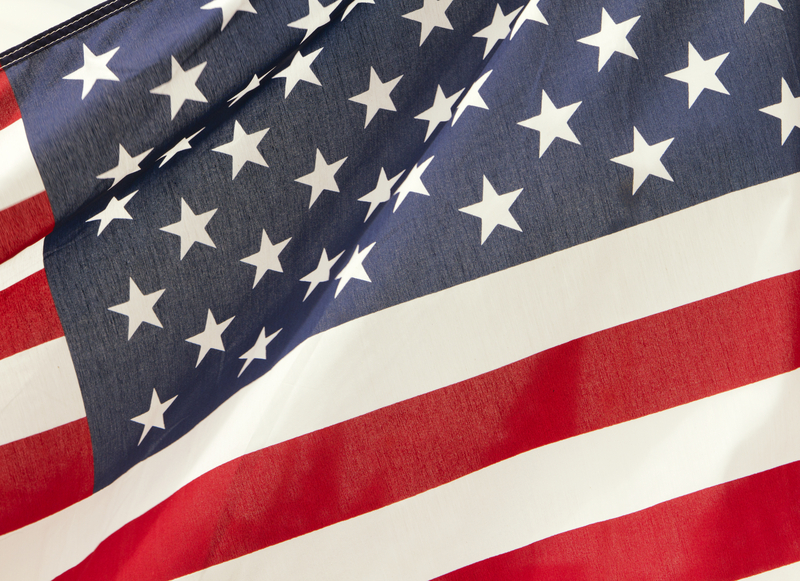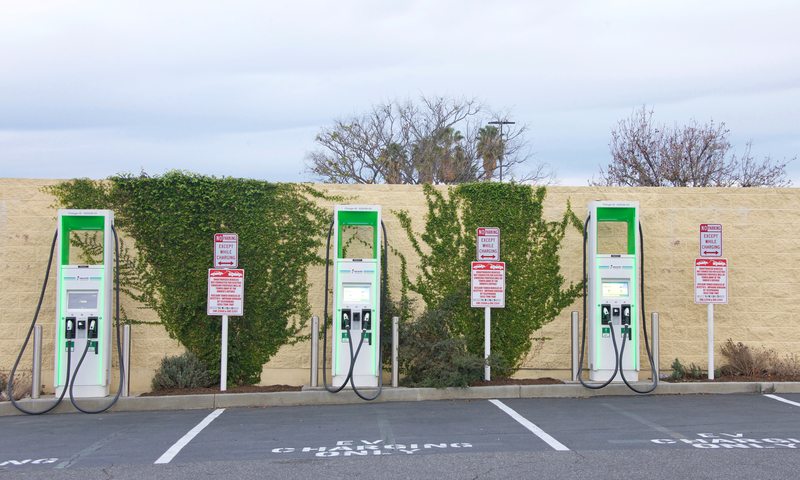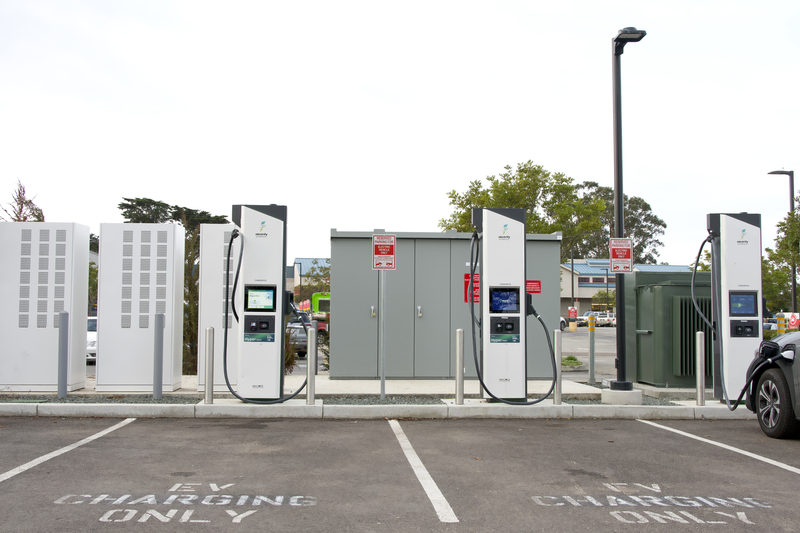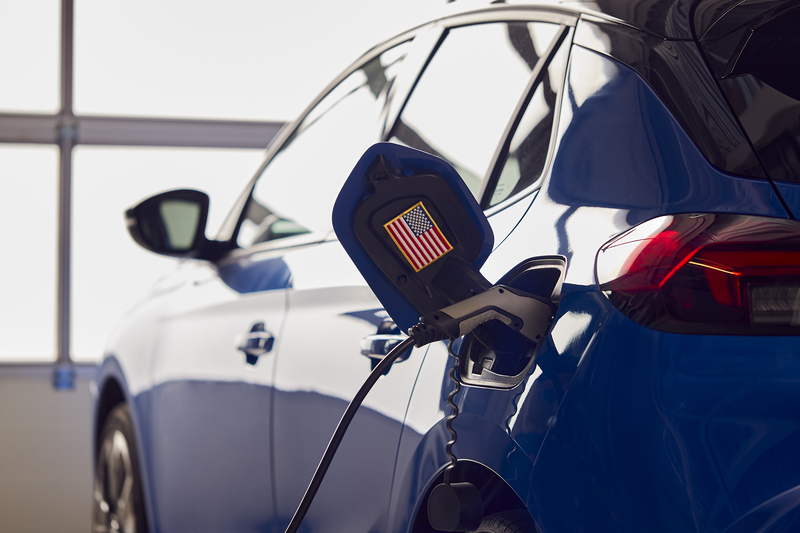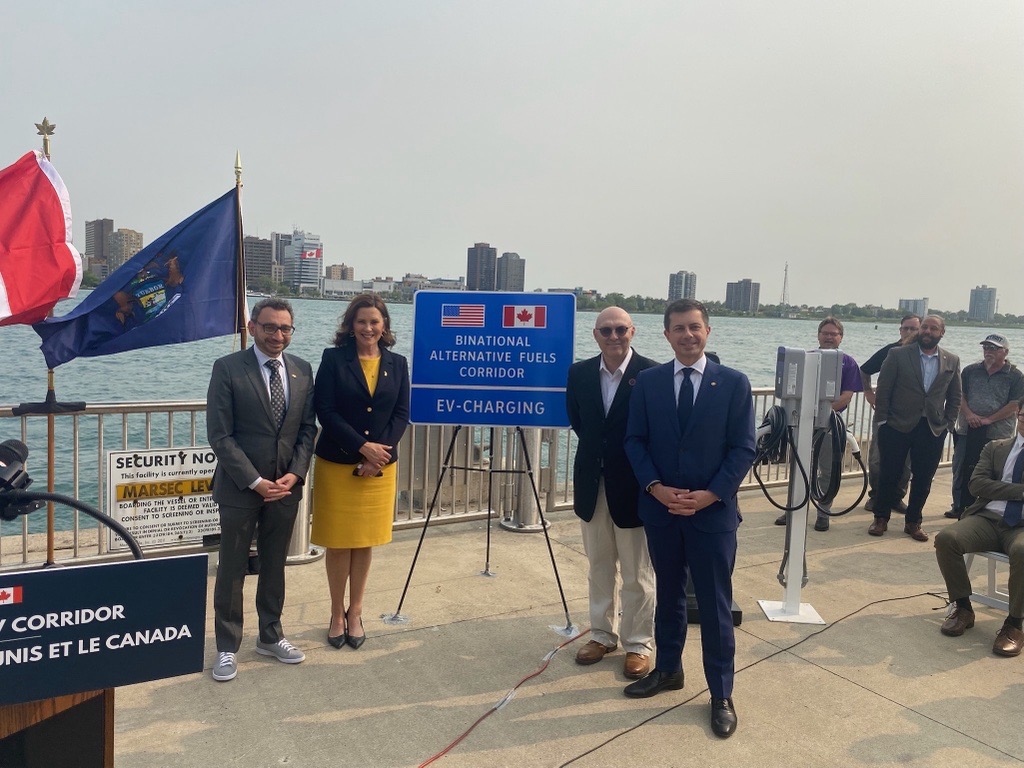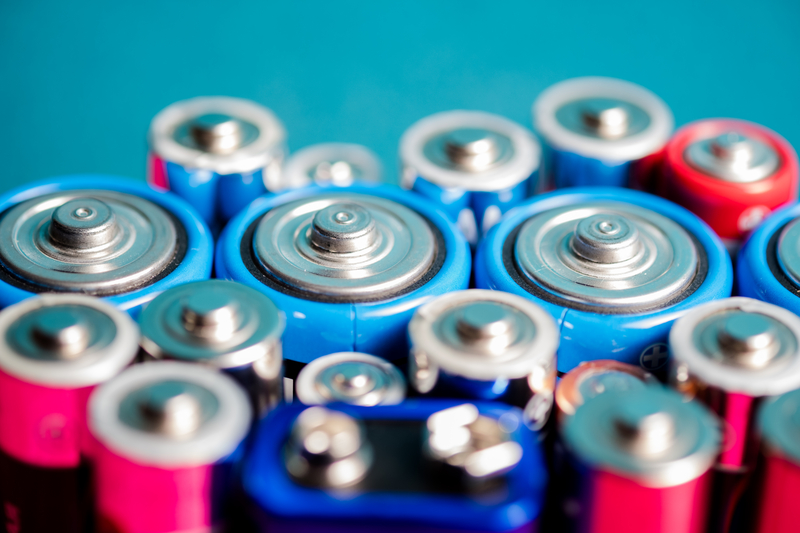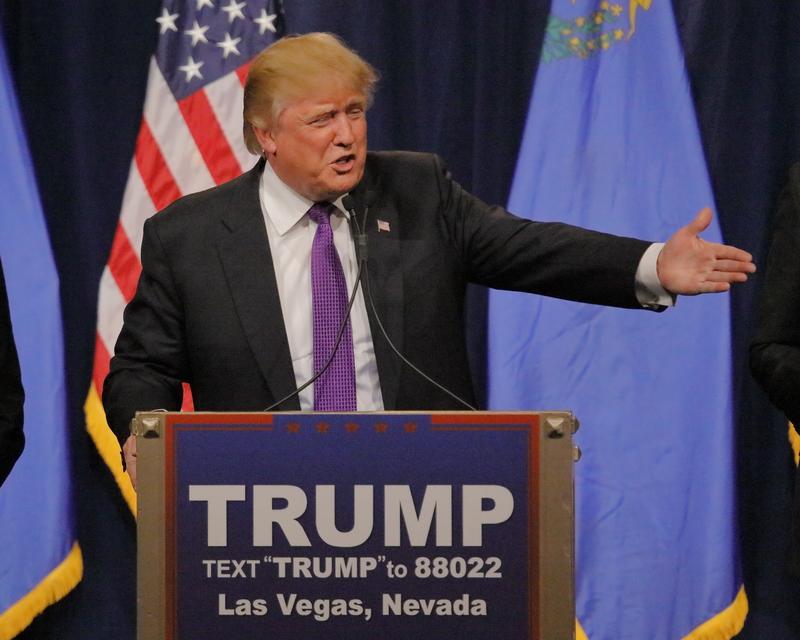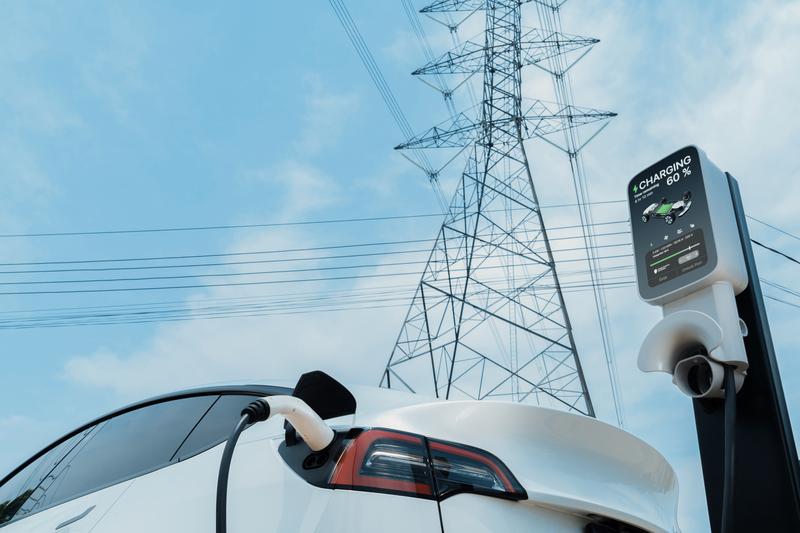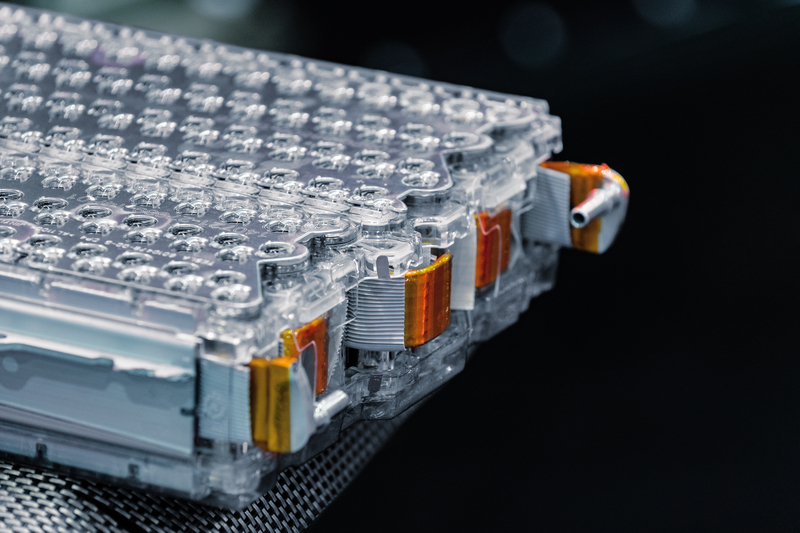
The announcement is a significant move in US efforts to gain ground on China, which predominates in battery production for electric vehicles.
Among the 25 battery companies benefitting from funding are many involved in the EV charging sector including South Caroline-based battery recycling company Cirba Solutions which is receiving US$200m. Texas-based TerraVolta has been awarded US$225m to support the creation of a more than US$1bn lithium production facility in the Texarkana region that spans Arkansas and Texas.
Jamie Liang, president and CEO of TerraVolta, said: "With the DOE's support, we will employ American workers to harness domestic lithium resources and supply the US economy's need for EVs, grid-scale batteries, and consumer products."
Under the Biden-Harris Administration, the private sector has made a US$120bn investment in the EV supply chain and the government says the new battery investment program is integral to the President’s clean energy industrial strategy to bolster a domestic supply chain that enhances America’s energy security and economic competitiveness.
The portfolio of selected projects, once fully contracted, are projected to support over 8,000 construction jobs and over 4,000 operating jobs. The government says batteries are critical to strengthening the US grid, powering American homes and businesses, and supporting the electrification of the transportation sector. Administered by DOE’s Office of Manufacturing and Energy Supply Chains (MESC), the selected projects will retrofit, expand, and build new domestic facilities for battery-grade processed critical minerals, battery components, battery manufacturing and recycling.
“The Biden-Harris administration is using every available tool to onshore and friend-shore the supply chain for EVs and batteries, working with our allies and partners, for the benefit of our national security, our economy, and our planet,” said John Podesta, senior advisor to President Biden for International Climate Policy. “Today’s battery manufacturing grants from DOE will boost America’s manufacturing base, create good-paying union jobs all over the country, and help tackle the climate crisis.”
“Since Day One of this Administration, President Biden and Vice President Harris have acknowledged that taking action on climate change and rebuilding our domestic manufacturing capacity are mutually reinforcing goals. Nowhere is that more true than in the supply chain for a clean energy economy—whether that’s batteries for electric vehicles, energy storage, or a range of other applications,” said White House national climate advisor Ali Zaidi. “Today’s game-changing announcement is helping support the technologies that we need in the market today, the components that we will need in the near future, and the innovative technologies we need to advance our vision for a circular domestic battery supply chain that positions the United States to continue leading the global effort on clean energy.”
Through grants and loans, DOE is developing a diversified portfolio of projects that help deliver a durable and secure battery manufacturing supply chain for the American people. Through MESC, the Investing in America agenda will generate US$16bn in total investment for battery manufacturing and recycling through the Battery Materials Processing and Battery Manufacturing and Recycling Program. Using market, economic and supply chain security-related technical analysis, MESC collaborates with experts to identify gaps and growth opportunities across the nation's energy supply chains, from raw materials to processing and manufacturing. These analyses inform investment and program implementation.
The government says the announcement of round two selections builds on this progress and aims to further address existing and future supply chain challenges. The selected projects span strategic segments across the supply chain, building and expanding commercial-scale facilities to extract and recycle critical minerals including lithium, graphite, and manganese, as well as manufacture components. These components represent the most essential building blocks of the battery supply chain, like electrolyte salts, solid state electrolytes, polymers for separators, cathode and anode materials, that are critical to onshore a robust and reliable energy supply chain. The selected projects also cover traditional and next-generation lithium-ion chemistries, as well as non-lithium-ion technologies, to ensure that the US has a diverse portfolio of domestic battery technologies that can strengthen its overall energy security.
Of the 25 projects selected, more than half have committed to or already have signed a Project Labor Agreement commitment and 10 have an agreement with labor or a neutrality pledge. Union partners represented across selected projects include NABTU (North America’s Building Trades Unions), Boilermakers, SMART International Association of Sheet Metal, Air, Rail, and Transportation Workers (SMART), Carpenters, Operating Engineers, UFCW (United Food and Commercial Workers International Union), IBEW (International Brotherhood of Electrical Workers) and the UA (United Association of Journeymen and Apprentices of the Plumbing and Pipe Fitting Industry of the United States and Canada).
Selection for award negotiations is not a commitment by DOE to issue an award or provide funding. Before funding is issued, DOE and the applicants will undergo a negotiation process, and DOE will complete environmental review. DOE may cancel negotiations and rescind the selection for any reason during that time.



